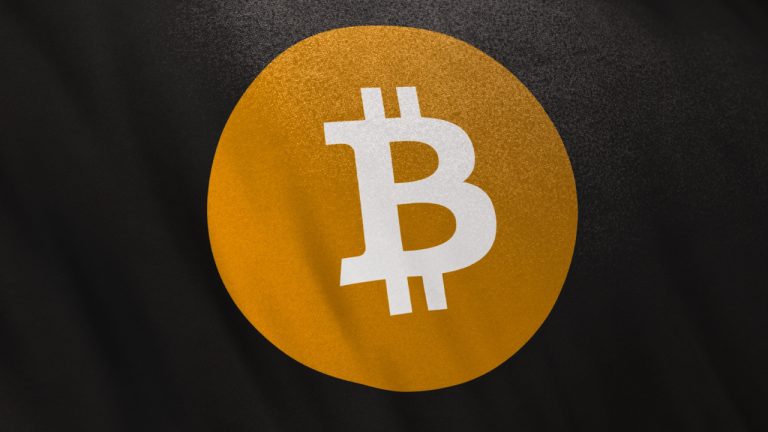https://ift.tt/7GzaTeA According to several reports, the Salvadoran government-issued bitcoin wallet, Chivo, has been freezing wallets an...

According to several reports, the Salvadoran government-issued bitcoin wallet, Chivo, has been freezing wallets and requesting that owners verify the source of funds. The founder of El Zonte’s Bitcoin Beach stated that the government’s bitcoin wallet software is flagging and freezing wallets that receive transactions from Wasabi, a non-custodial bitcoin wallet that utilizes Coinjoin technology to obscure onchain transaction monitoring.
Bitcoin Beach Founder Says Salvadoran Government Is ‘Bowing to U.S. Pressure to Thwart Privacy’
Bitcoin (BTC) is now legal tender in El Salvador, and the government offers infrastructure services such as bitcoin automated teller machines (ATMs) and a mobile bitcoin wallet called Chivo. The Chivo wallet has faced criticism in the past, and the International Monetary Fund (IMF) has raised concerns about the wallet’s regulatory oversight. Recently, the founder of El Zonte’s Bitcoin Beach and other community members reported that Chivo wallets were being flagged and frozen.
“This week a local carpenter we know had his wallet frozen for $1000 transactions,” the Bitcoin Beach Twitter account stated on April 3. “They asked him to prove the origin of funds. The friction will push people back to the traditional banking system. Their bank transactions receive less scrutiny than [bitcoin] transactions. Small normal legitimate transactions that they the need to spend hours trying to justify.” In another tweet, Bitcoin Beach reported that the Chivo software is flagging and freezing wallets that receive transactions from Wasabi, and apparently, they are “bowing to U.S. pressure to thwart privacy.”
Furthermore, the founder of Bitcoin Beach, Mike Peterson, addressed the issue during a live broadcast. “We as bitcoiners need to keep putting pressure on Chivo, on the government, on these people because they are getting pressure from this other direction,” Peterson stated. According to reports, Chivo wallet users who have their funds flagged and frozen must provide documentation on the origin of the money. However, not everyone subscribes to the theory that Chivo is blocking Coinjoin transactions originating from Wasabi.
“I have sent post mix coins to Chivo addresses without any problems,” explained the Twitter account Escape to El Salvador. “I’m not saying the person Mike paid didn’t get their account frozen, but there simply is no proof that it was because of that. Believe it or not, there are many people who say things on the internet w/o verifying,” the individual added. Wasabi is a bitcoin wallet that enables users to mix their unspent transaction outputs (UTXOs) with others using a technique called Coinjoin. Additionally, blockchain analysis firms like Chainalysis have claimed that Wasabi’s mixed transaction method can be de-anonymized or de-mixed.
Following Bitcoin Beach’s tweets about the matter, a Twitter account named Peter Pan remarked, “El Salvador is not winning…” However, the Bitcoin Beach Twitter account disagreed with the assertion, insisting, “El Salvador is definitely winning- just bumps in the road along the way. Still the easiest place to live on a bitcoin standard by a large margin.”
What do you think about the situation with Chivo freezing wallets and requesting proof of the origin of funds? Do you believe this is a necessary step for regulatory oversight, or do you think it goes against the spirit and core tenets of bitcoin privacy? Let us know in the comments section below.
from Bitcoin News
via RiYo Analytics

No comments